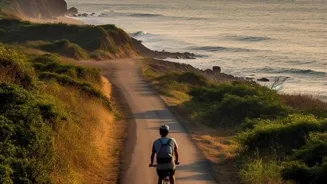Discover 7 essential tips for safe solo travel. Learn how to stay secure while exploring the world on your own. Read more!
Travelling alone, or solo travel as the cool kids call it, is becoming quite the rage
these days. The idea of exploring a new place at your own pace, making your own decisions, and discovering yourself along the way is undeniably attractive.
But, before you pack your bags and head off into the sunset, it’s important to remember that safety should always be your top priority.
Whether you're a seasoned globe-trotter or a first-time solo traveller, keeping these simple yet effective tips in mind can make your adventure a memorable one for all the right reasons. After all, we want you to come back with amazing stories, not scary ones!
We’ll break down some easy-to-follow advice on how to stay safe and secure while exploring the world on your own. So, grab your chai, settle in, and let's get started!
First things first
Research is your best friend. Before you even think about booking that flight or train ticket, spend some time learning about your destination. Look into the local customs and traditions. Understanding how people typically behave and dress can help you blend in better and avoid unwanted attention.
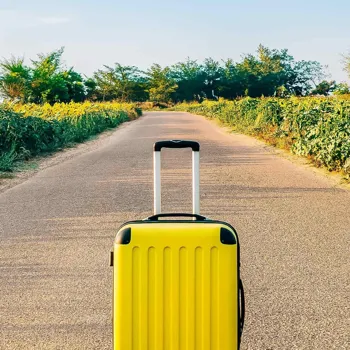
Check out the common scams and tourist traps in the area, so you don’t fall victim to them. Read online reviews and travel blogs to get a sense of what to expect. Knowing which areas are generally safe and which ones to avoid, especially at night, is crucial.
Check if there have been any recent safety advisories or warnings issued by your government or international organizations. Knowing these things can help you to be prepared about the rules to follow and what kind of people you may encounter.
Just even knowing the general weather forecast helps in packing the right clothes and staying comfortable. Knowledge is power, and in this case, it's your shield against potential problems.
So, dive deep into the online rabbit hole of travel information and arm yourself with the knowledge you need to travel smart.
Stay connected during travel with communication tips for safety
Next up, let's talk about communication. In today's world, staying connected is easier than ever. Ensure you have a working local SIM card with a data plan as soon as you arrive at your destination. This will allow you to easily access maps, translate phrases, and stay in touch with loved ones.
Share your itinerary with a trusted friend or family member back home and check in with them regularly. Let them know your planned routes, accommodations, and any major activities you have planned. Think of this as your lifeline – if something goes wrong, they'll have a record of your whereabouts.
Utilizing apps that track your location and share it with your emergency contacts can also be very helpful. These apps can also send distress signals if you find yourself in a difficult situation. For those visiting remote areas, consider investing in a satellite communication device.
These devices allow you to send messages and make emergency calls even when you don't have cell service. Remember, it's always better to be safe than sorry.
Blending in like a local for safety when traveling
Blending in like a local is an art form, and it's a skill that can significantly improve your safety. Avoid drawing unnecessary attention to yourself by dressing modestly, especially when visiting religious sites or conservative areas.
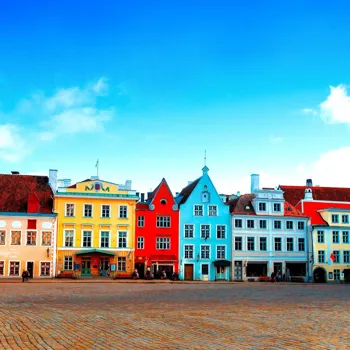
Try to speak the local language, even if it's just a few basic phrases like "hello," "thank you," and “help." It shows respect and demonstrates a willingness to connect with the local culture. Keep your valuables out of sight. Avoid flashing expensive jewellery, gadgets, or large amounts of cash.
Use a money belt or a hidden pocket to store your important documents and credit cards. When asking for directions, approach people who look approachable, like families or shopkeepers. Be aware of your surroundings and avoid walking alone in dark or deserted areas, particularly at night.
Be careful with what you drink, do not accept drinks from strangers. Acting confident, even if you feel nervous, can also deter potential troublemakers.
Comprehensive travel insurance is crucial for solo travelers, covering emergencies and theft
Now, let’s focus on something very important. Travel insurance. Often overlooked, comprehensive travel insurance is an absolute necessity for solo travellers. It covers a wide range of potential issues, from medical emergencies and lost luggage to trip cancellations and theft.
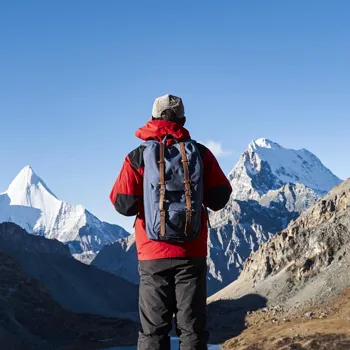
Before you purchase a policy, carefully read the fine print to understand what is covered and what is not. Make sure it includes coverage for any specific activities you plan to participate in, such as adventure sports or trekking.
Keep a copy of your insurance policy with you at all times, both in print and digitally. Share a copy with your emergency contact back home.
In the event of a medical emergency, knowing that you have insurance coverage can provide peace of mind and ensure that you receive the necessary treatment without worrying about hefty bills. This is especially important if you're travelling to a country with expensive healthcare.
Keep belongings safe in crowded areas with anti-theft bags and vigilance
Let us talk about keeping your belongings safe. Keep your eyes on your things. Pickpockets and thieves often target tourists, especially in crowded areas. Be extra vigilant in busy markets, train stations, and tourist attractions.
Use a cross-body bag with a secure closure or a backpack with anti-theft features, such as hidden zippers and slash-proof material. Never leave your belongings unattended, even for a moment. When you're sitting in a café or restaurant, keep your bag on your lap or within sight.
In hotels or hostels, use the safe to store your valuables, such as your passport, wallet, and electronic devices. Be wary of strangers who approach you offering help or trying to distract you. They may be working as part of a team to steal your belongings.
Don't be afraid to be assertive and say no. Report any suspicious activity to the authorities immediately. By taking these precautions, chances are you and your valuable items will be safe and secure.
Trust your intuition for safety during solo travel
Last but not least, always trust your gut feeling. If a situation feels uncomfortable or unsafe, don't hesitate to remove yourself from it. Maybe you’re walking down a street and something feels off or you may be interacting with a person and you did not like their approach.
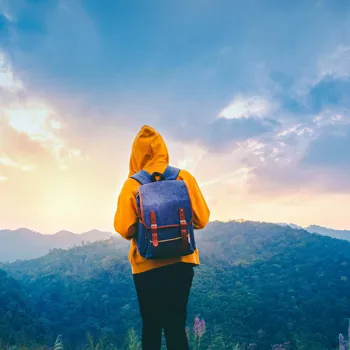
Don't worry about being polite or offending someone. Your safety is more important than being courteous. If you’re lost, ask for help from someone you trust, like a shopkeeper or a hotel employee. If you're feeling threatened, don't be afraid to make a scene.
Yelling or shouting can often scare away potential attackers. Avoid engaging in confrontations with strangers. If someone is harassing you, the best course of action is to walk away and report the incident to the authorities.
Remember, your intuition is a powerful tool, so always listen to your inner voice. Solo travel is an incredibly rewarding experience, but it's important to stay safe and aware. By following these seven tips, you can minimize the risks and enjoy your adventure with peace of mind. Happy travels!
